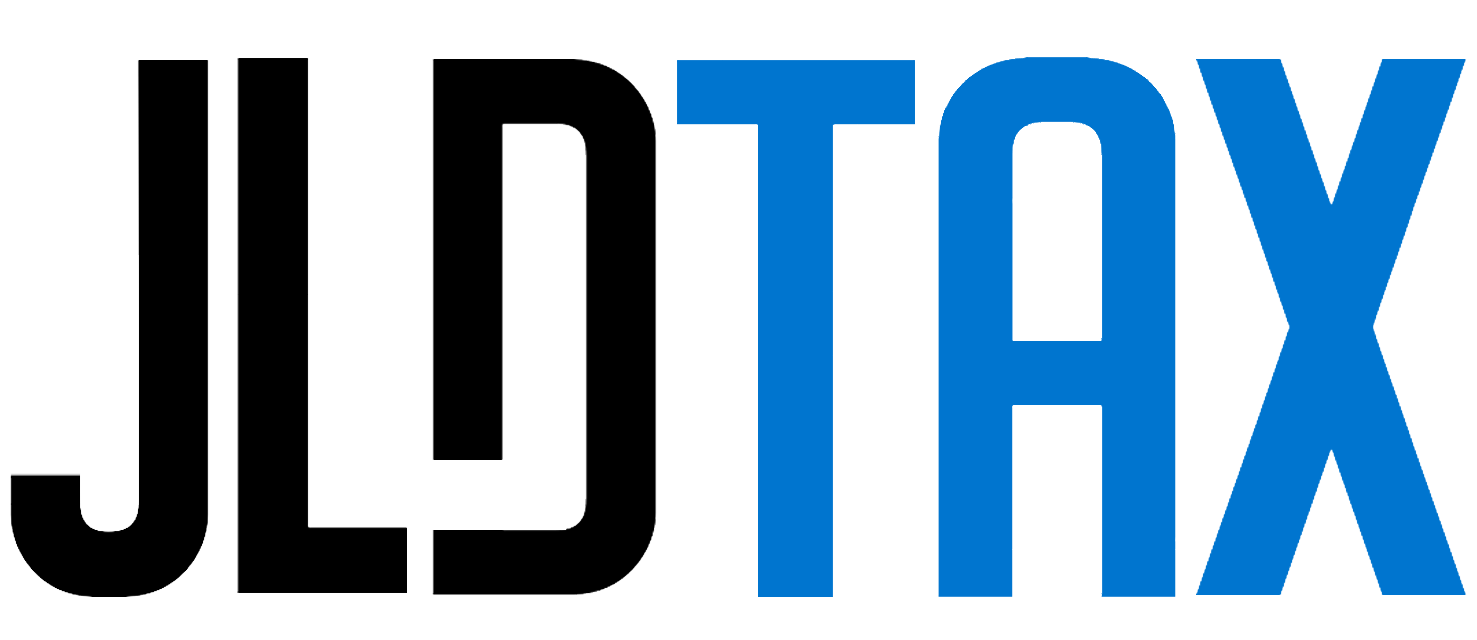We find that taxpayers do not file tax returns for one or more years for various reasons and the problem can become overwhelming. Missing all or a portion of their records, personal hardship and/or neglect are one of many reasons people fall behind in filing their taxes. Fortunately, there are ways to approach the problem of unfiled returns.
Here are 6 things you should know about getting current with your unfiled returns:
1. Gathering your information.
If you don’t have your documents, you can get IRS transcripts that will show what has been reported to the IRS – this will be a comprehensive listing of the 1099s and W2s that were sent to you. This cross-checks against your own records, filling in for anything that is missing. The IRS transcripts are a checking point – if there is income you earned that is not on the transcripts, best efforts need to be taken to determine that income and include it on your return.
2. If you are self-employed, business income and expenses need to be determined.
Income can be pieced together by several methods, including 1099 reporting to the IRS (supplemented by any income not reported), or your total bank deposits.
3. What if I complete my returns and find out I owe money? And what if I can’t afford to pay it?
Even if you find that you owe money, you should still file the return. If you don’t have the money to pay, this could be the best time for us to settle your back taxes….not in the future when you actually have money. The only way to settle a tax debt is to first have the IRS recognize it with a tax return.
4. What are the options to pay back my tax debt?
Many people are very surprised to learn that you can negotiate with the IRS.
Option #1 – An IRS Offer in Compromise: In this case, you negotiate with the IRS to come to an agreement on a reduced amount of the tax liability that will be paid over a period of twenty four months or less.
Option #2 – An Installment Agreement: In this case, you negotiate a monthly payment that you can afford. Many times, you don’t end up paying the debt in full because the time the IRS has to collect the debt expires.
5. If you cannot pay either way, spending time piecing together every business expense for the returns might be an effort in futility.
You will owe more than can be paid with or without the receipts. In that case, it may be best to file a “gross” return, listing your income but not the expenses, and focusing on collection solutions.
6. Sometimes, when you don’t file a return, the IRS files one for you.
In IRS-speak, this is called a Substitute for Return (sometimes known as an SFR). Most times, an IRS substitute for return gets it wrong, charging you for income that was reported on W2s and 1099s but not giving you any deductions or exemptions. You may already have a bill from the IRS from a Substitute for Return. These estimated returns can be corrected – and the tax lowered – by filing an original return.
JLD Tax and Accounting can get your unfiled returns completed and can help resolve your outstanding tax liabilities. Don’t procrastinate any longer — call us today at (201-604-2432) for your initial consultation.
